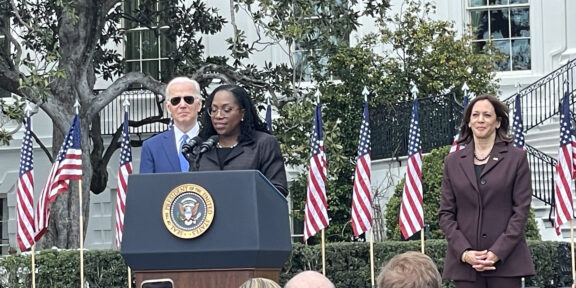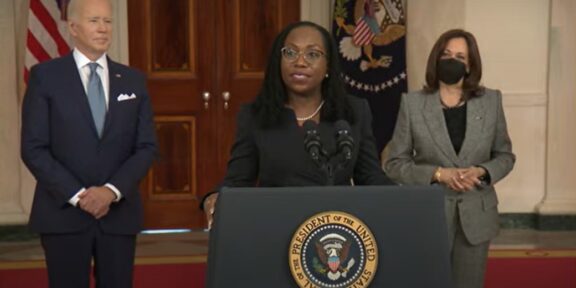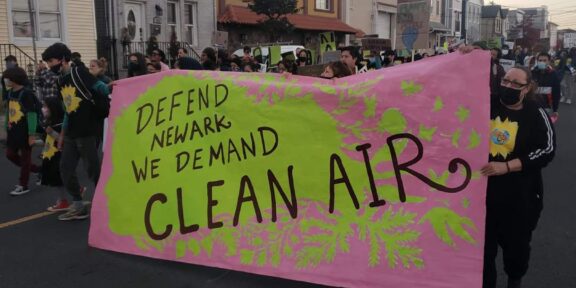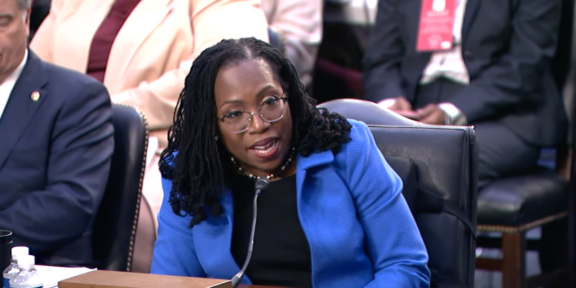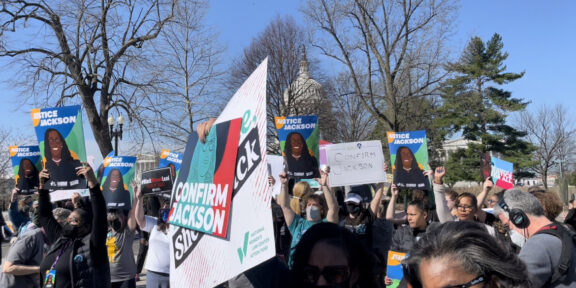By Nyah Marshall
Howard University News Service
Vice President Kamala Harris announced a new fund to enhance public safety and student support at HBCUs dealing with bomb threats during a briefing on Wednesday at the White House.
“These threats have brought fear and anxiety to places of peace, as has been mentioned, to sanctuaries,” Harris said.
Over 80 bomb threats have afflicted more than one-third of the nation’s Historically Black Colleges and Universities and several religious institutions during this school year – many in January and at the start of Black History Month in February.
“They have caused classes to be canceled, dorms to be locked down and communities of faith to be kept apart,” Harris continued. “Today, I will share two new steps our administration is taking to ensure that our communities are protected and that they are supported.”
The initiative, called Project School Emergency Response to Violence (SERV), will provide short-term grants through the Department of Education to help impacted HBCUs with immediate needs. Grants will typically range from $50,000 to $150,000 per school.
Harris, along with Attorney General Merrick Garland, Secretary of Education Miguel Cardona and Deputy Secretary of Homeland Security John Tien, indicated how Project SERV will help improve public safety in communities and at HBCUs. The grants can be used to hire more mental health professionals, enhance security and provide specialized training to security staff.
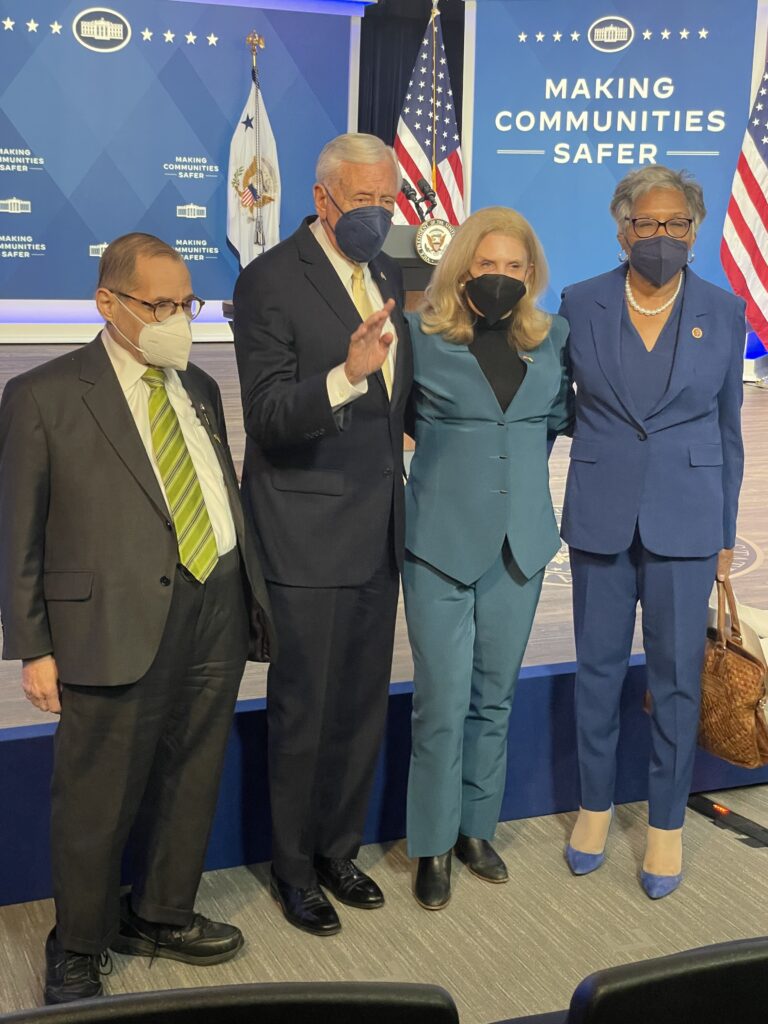
“We want to put resources and grants in the hands of universities to help enhance and aid these organizations, physical security and strengthen risk mitigation capabilities, including a bomb prevention and active shooter preparedness,” Tien said.
The second step the Biden-Harris Administration plans to take on this matter is releasing a resource guide for colleges and universities with detailed information on detecting, preventing and recovering from threats and acts of violence.
Cardona explained that the ultimate purpose of this initiative is to ensure students are and feel safe on their campuses.
“Students are speaking out about the trauma they’ve experienced and the safety they deserve; we at the Department of Education are listening,” Cardona said. “We understand student’s ability to remain in the classroom hinges. It hinges on restoring and ensuring their sense of security.”
Howard University, which received three bomb threats this year, is among the schools eligible for funding. Kylie Burke, president of Howard University Student Government, is looking forward to the potential of this initiative increasing the number of mental health professionals on Howard’s campus to help mitigate the emotional impact of these traumatic events.
“It’s incredibly important that we’re going to be able to potentially increase the amount of faculty and staff that are working in the counseling center in providing mental health resources,” Burke said.
“As overwhelmed and stressed out as students are, it’s important to recognize that when you have one, two, three caseworkers working with multiple students, they can be overwhelmed as well.”
As reported by the American Council on Education, public HBCUs rely on federal, state and local funding more heavily than their non-HBCU counterparts, demonstrating the extent to which Project SERV could benefit these schools.
“The recent threats have exposed a deep-rooted issue amongst HBCUs,” said Thomas Hudson, president of Jackson State University, a public HBCU. “Decades of underfunding has significantly contributed to the deferred maintenance and vulnerabilities in infrastructure commonly found in our institutions.”
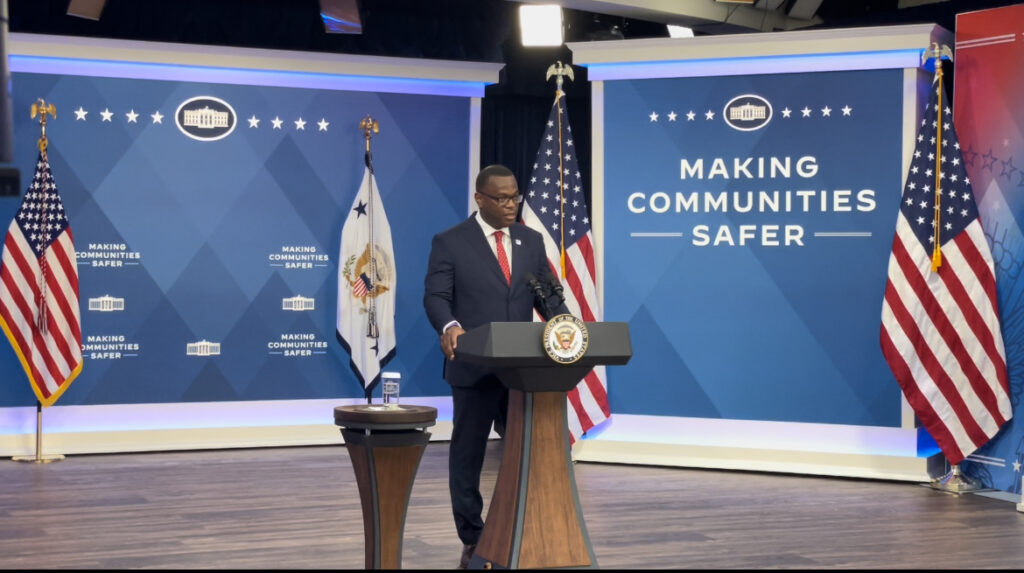
“So, while the threat remains, we must remain vigilant,” Hudson said. “Being vigilant means building our capacity, and the Biden-Harris Administration has allocated resources to help us do just that.”
To date, the Biden-Harris Administration has delivered $5.8 billion in aid and support to HBCUs, including $2.7 billion in American Rescue Plan funding to ameliorate chronic underfunding.
Harris emphasized that the White House is sending a clear message regarding the bomb threats.
“This intimidation will not stand, and we will not be intimidated,” Harris said. “We will do everything in our power to protect all our communities from violence and from hate.”
Nyah Marshall is a reporter and regional bureau chief for the HUNewsService.com.


